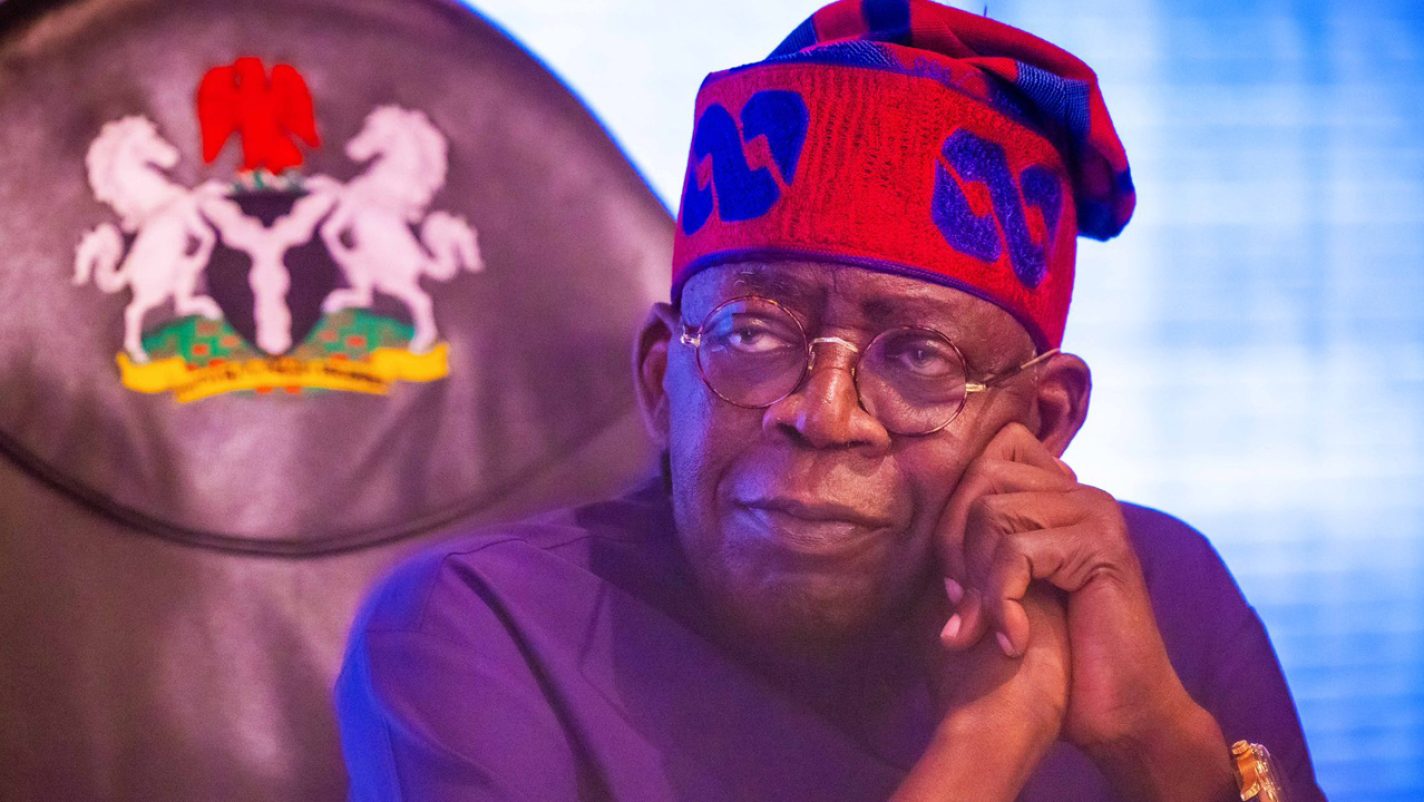*Pix above: PBAT
PLEASE SHARE
More hardship presently beckons for Nigerians as Nigerian President Tinubu’s Govt moves to remove subsidy on electricity after the fuel subsidy removal already generating bad blood among citizens.

The Minister of Power, Adebayo Adelabu, disclosed this at a press conference in Abuja on Wednesday, February 14.
Adelabu said that Nigeria cannot continue to subsidise electricity, adding that the nation must begin to move towards a cost-effective tariff model.
The minister noted that the country is currently indebted to the tune of N1.3 trillion to generating companies (GenCos) and $1.3 billion dollars to gas companies
Adelabu said only N450 billion was budgeted for subsidy this year but the ministry needs over N2trillion for subsidy.
According to him, state governments will now be allowed to generate power independently to supply power to their states.
On the grid that has collapsed for about six times between December 2023 and now, the minister said this was caused by shortage of gas, ageing machines in the grid value chain, low capacity to evacuate generated power, and destruction of power stations in some parts of the North-East geopolitical zone of the country.
He said the Transmission Company of Nigeria, TCN, has over 100 abandoned projects due to variations on contract figures as a result of the fluctuations of the forex, hence the company will not award any new contracts till all such projects are completed.
The minister also said over N50 billion has been earmarked in the 2024 budget to build mini grids to supply power to remote areas.
He, therefore advised electricity distribution companies (DisCos) to sit up otherwise anyone found wanting will have his licence withdrawn.
The minister also said he has reached out to the National Security Adviser, Nuhu Ribadu, to help provide security for power infrastructure.
This development comes 8 months after the president removed subsidy from petrol whichis presently generating bad blood and severe hardship among the citizentry.
Meanwhile, the organised labour, manufacturers and economic, financial and legal experts have warned the Federal Government not to remove electricity subsidy as canvassed by the International Monetary Fund (IMF).
This is coming at a time when the country is battling with a cost of living crisis brought on by the removal of fuel subsidy, on the advice of the IMF and the World Bank.
Nevertheless, the Fund, in its recent report, advised the government to completely phase out fuel and electricity subsidies as part of measures to address its economic challenges.
These subsidies, which it deemed inefficient and ineffective in reaching intended beneficiaries, were identified as worsening the nation’s fiscal challenges and hindering efforts to address poverty and food insecurity.
In its report entitled ‘IMF Executive Board Concludes Post Financing Assessment with Nigeria,’ the IMF reiterated the importance of eliminating the subsidies to redirect resources towards more targeted and impactful social welfare programmes.
Amidst the prevailing cost-of-living crisis, the IMF proposed targeted social transfers to provide temporary assistance to the most vulnerable segments of the Nigerian population.
“Temporary and targeted support to the most vulnerable in the form of social transfers is needed, given the ongoing cost-of-living crisis. Fuel and electricity subsidies are costly, do not reach those that most need government support, and should be phased out completely,” it said.
While the removal of petrol subsidy, implemented in May 2023, was aimed at addressing the nation’s fiscal challenges, it has also worsened living standards, with the disposable income of Nigerians experiencing a continuous decline amid inflationary pressures.
The IMF also drew attention to the economic hurdles confronting Nigeria, emphasising the nation’s stalled per-capita growth and mounting poverty levels.
Against the backdrop of these challenges, Nigeria finds itself grappling with a severe cost-of-living crisis, further compounded by low reserves and limited fiscal space that constrain the government’s policy options, the fund said.
This is happening as the Nigeria Labour Congress (NLC) yesterday expressed its strong opposition to the advice of the IMF for Nigeria to phase out electricity subsidies.
In a recent media chat by the NLC President, Comrade Joe Ajaero, the NLC said, withb the IMF unfriendly advice to Nigerian Government, it has now dawned on labour that the IMF is now enemy of Nigerian masses/PLEASE SHARE
*Tags: Adebayo Adelabu, Ministry of Power, PBAT, IMF, World Bank





